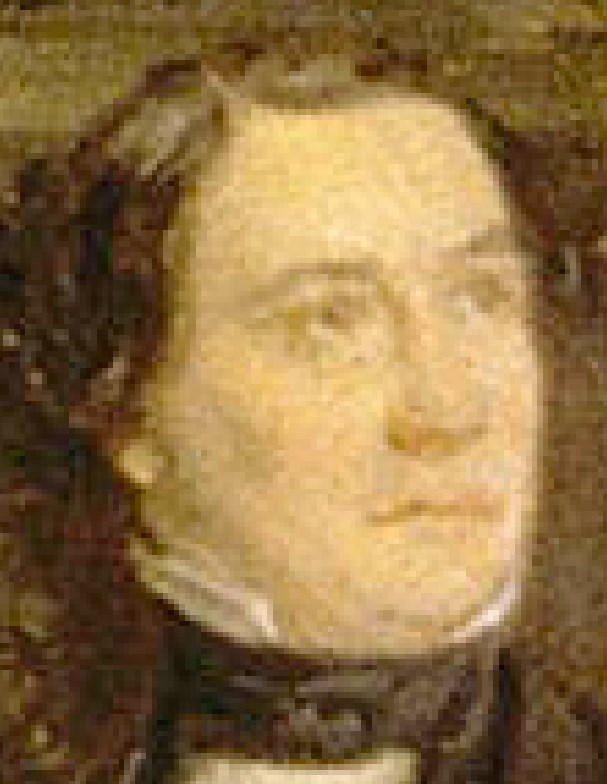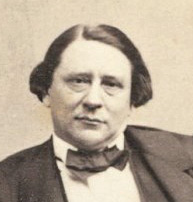Alfred Pierre Blanche (1816–1889), administrator, secretary of State
1st image: Soirée; 2nd: by Disderi (July 20, 1860). (Alternative: Renan)
Alfred Blanche had no artistic inclinations, but as Secretary-General, he frequently stood in for his superiors —such as Minister Fould17— representing them at award ceremonies for institutions like the Conservatoire and art schools.
His expertise lay exclusively in administration, built upon his contributions to works such as the Répertoire d’administration départementale et communale (1844) and the Dictionnaire général d’administration (1849), which compiled key terms used in governance.
In 1851, Blanche advanced from Conseiller of the Seine Prefecture to Secrétaire Général of the Ministry of the Interior —later the Ministry of State. As Secretary, he managed administrative requests and signed numerous official decrees.
In January 1854, he was awarded the Swedish Chevalier rank in the Order of the Polar Star, possibly for his role in facilitating secretarial affairs between Sweden and France during the Crimean War.
Despite his official prominence, there are no records indicating Blanche was ever invited to a vendredi-soirée, nor does a caricature by Giraud11 exist for him.
Additionally, his Chevalier rank in the Légion d’Honneur —bestowed in November 1851— is not depicted, raising doubts about his inclusion. Also his Polar Star insignia is not depicted in the painting.
However, his proximity to Swedish ambassador Lowenhielm28a is intriguing —perhaps coincidental, or perhaps subtly reflective of his Swedish distinction.
Blanche’s administrative career saw significant shifts. In 1858, he moved into colonial governance in Algeria, and by 1865, he was reassigned to the Seine Prefecture under Haussmann07.
His appointment aimed to ease tensions within Paris, which had been destabilized by Haussmann’s extensive urban renovations. Known for his precision and persistence, Blanche worked toward his superiors' objectives, yet the unrest in the Seine district persisted, culminating in Haussmann’s dismissal in January 1870 —which in turn eliminated Blanche’s position.
Following his departure from state administration, Blanche spent the remainder of his career in various financial roles. By 1880, he had become President of the Banque Européenne, an investment firm founded in 1879. However, after its founder was prosecuted for embezzlement, the bank ultimately collapsed into bankruptcy in 1886.

